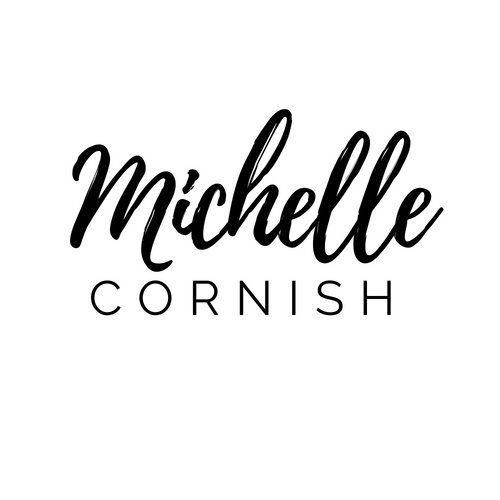How to Find Your Writing Process: A Guide for Fiction and Nonfiction Writers
/What’s your writing process? It’s a question that gets tossed around in writing groups and author interviews all the time. I’m always fascinated by how other writers get their words down, but the truth is, many writers aren’t sure how to answer. (That includes me!)
For years, I thought I didn’t have a writing process. I wrote when I felt like it, when I had time, or when a deadline was breathing down my neck. Sometimes it flowed; sometimes it didn’t. I assumed “real” writers had a set routine or a magic method. What I’ve come to realize is this: every writer has a process—it just may take a little discovery to understand what it is.
In this post, I’ll walk you through what a writing process actually is, how it differs from a writing system, and how you can discover the process that works best for you.
What Is a Writing Process, Really?
According to the Merriam-Webster dictionary, a process is “a series of actions or operations conducing to an end.” In the context of writing, that end is your draft—your messy, beautiful, made-it-through-the-wilderness draft.
Your writing process is the journey you take from idea to page. It includes the way you:
Gather inspiration,
Get started (or avoid starting),
Organize your thoughts (or dive in chaotically),
Move forward when you feel stuck, and
Know when a draft is “done enough” to revise.
And here’s the kicker: no two writers have the exact same process. Some begin with character sketches. Others write scenes out of order. Some need music, others silence. Some love morning sprints; others write in insomnia-fueled bursts.
Process vs. System: What’s the Difference?
Let’s clear up a common mix-up: your process is the organic way you move through writing a piece. Your system is the structure you use to support that process.
Think of it this way:
Process = your natural rhythm
System = the container you build to protect that rhythm
For example:
Your process might involve brainstorming by hand before typing anything.
Your system could be a 5 a.m. writing session with a cup of tea, your journal, and a Pomodoro timer.
Your system can change to support your process. If your process thrives on creative wandering, your system might need to allow for long, unstructured writing blocks. If your process needs external pressure, your system might involve public accountability or deadlines.
How to Discover Your Writing Process
You don’t need to invent a process—you already have one. It might just be buried under years of shoulds: “I should write every day,” or “I should outline before starting.”
Here are a few ways to reconnect with your natural process:
1. Look at your best writing days.
What conditions helped you focus? What got you in the zone?
2. Notice your instincts.
Do you prefer plotting or discovery writing? Do you write better with a clear goal or open space?
3. Experiment without judgment.
Try writing at different times of day. Test out dictation. Draft by hand or with sticky notes. What energizes you?
4. Track your habits.
Keep a short journal after each session: What worked? What didn’t? Over time, patterns will emerge.
How You Know It’s Working
When you're aligned with your process:
Writing feels challenging but possible,
You stop comparing your pace to others, and
You trust that even slow days are part of the journey.
You may still wrestle with procrastination or doubt, but you’re not constantly reinventing the wheel. Your process becomes a familiar path you can return to again and again.
Your Process Will Evolve—That’s a Good Thing
Here’s the beautiful (and sometimes frustrating) truth: your process won’t stay the same forever. It will grow and stretch to meet new genres, new seasons of life, new creative goals. And that’s okay.
Give yourself permission to evolve. A process that worked for you last year might not fit today—and that doesn’t mean you’re doing it wrong. It means you’re alive, changing, and creating.
Reflection Prompts
Take a moment to journal on one of the following questoins:
What does my writing process look like right now?
What supports it?
What blocks it?
What’s one small change I could make to write with more ease or joy?
Final Thoughts
The writing process isn’t something you have to earn—it’s something you uncover. Whether you’re writing your first short story or your tenth novel, knowing how you work best is one of the greatest gifts you can give yourself as a writer.
So go ahead. Forget what you think you should be doing. Follow your own path. That’s where the magic lives.




